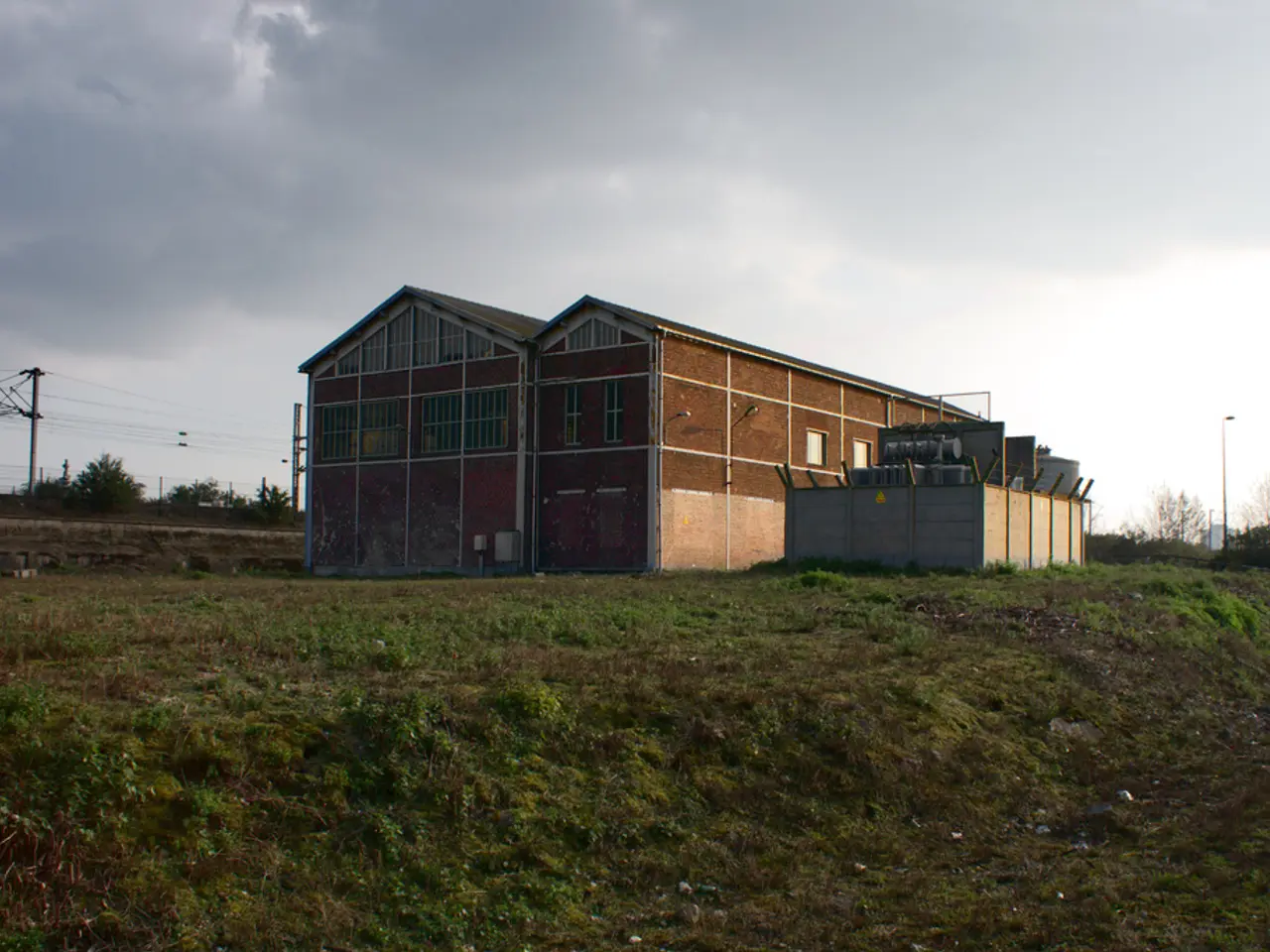Increase in residential electricity costs by 6.6% this year, attributed to a surge in gas prices
In a concerning development, residential electricity rates have seen significant increases across several states, with Maine experiencing the largest rise of 25.5%. The District of Columbia and New Jersey follow closely behind, with rates up by 23.3% and 21% respectively. These increases have sparked a public backlash, increasing pressure on elected representatives and regulators.
The rising rates have become a political issue in New Hampshire, New Jersey, and throughout the PJM Interconnection, an organization responsible for coordinating the movement of wholesale electricity in all or parts of 13 states and the District of Columbia. The escalating costs have led to concerns about affordability, which may lead to increased scrutiny of utility rate requests in the future.
The growth in demand for electricity, driven in part by artificial intelligence data centers, and extreme weather events have contributed to these increases. Additionally, the full impact of tariffs and the loss of clean energy tax credits has yet to show up in electrical rates.
Natural gas prices have also risen, with the Henry Hub price reaching $3.11 per million British thermal units in June 2025, a 22.6% increase from the previous year. The Energy Information Administration (EIA) expects natural gas prices to rise to $4/MMBtu in 2025 from $2.20/MMBtu in 2024.
The increases have led to a call for action from governors and attorneys general. Indiana's governor has advocated for lower utility rates from investor-owned utilities, while Arizona's attorney general has opposed a proposed rate hike and suggested that regulators should consider reducing rates instead.
The average revenue per kWh across all sectors increased by 5.2% over last June, to 13.88 cents/kWh. Residential customers saw the highest increase, followed by transportation, up 6.1%; the industrial sector, up 5.1%; and the commercial sector, up 4.8%. These rate increases could potentially raise Americans' total electric bills by $67 billion.
Kristina Costa, the Senior Director of Domestic Climate Policy at the Center for American Progress, has commented on the situation, attributing the price increases to natural gas and the loss of federal support for renewable energy. The Institute for Energy Economics and Financial Analysis has made similar conclusions.
As the situation continues to unfold, it is clear that the rising costs of electricity are a pressing issue that requires careful consideration and action from policymakers, regulators, and utility companies. The future of electricity rates and their impact on American households and businesses remains uncertain, but one thing is clear: the need for affordable, reliable, and clean energy is more important than ever.
Read also:
- Catastrophe at a U.S. Steel facility in Pennsylvania results in the loss of two lives. crucial details unveiled
- Auto Industry Updates: Geotab, C2A, Deloitte, NOVOSENSE, Soracom, and Panasonic in Focus
- Liverpool unveils plans for expanding its electric fleet: intends to incorporate 50 new electric buses
- Republican Representative Buddy Carter from Georgia discusses solar energy, electric vehicles, and nuclear power.




